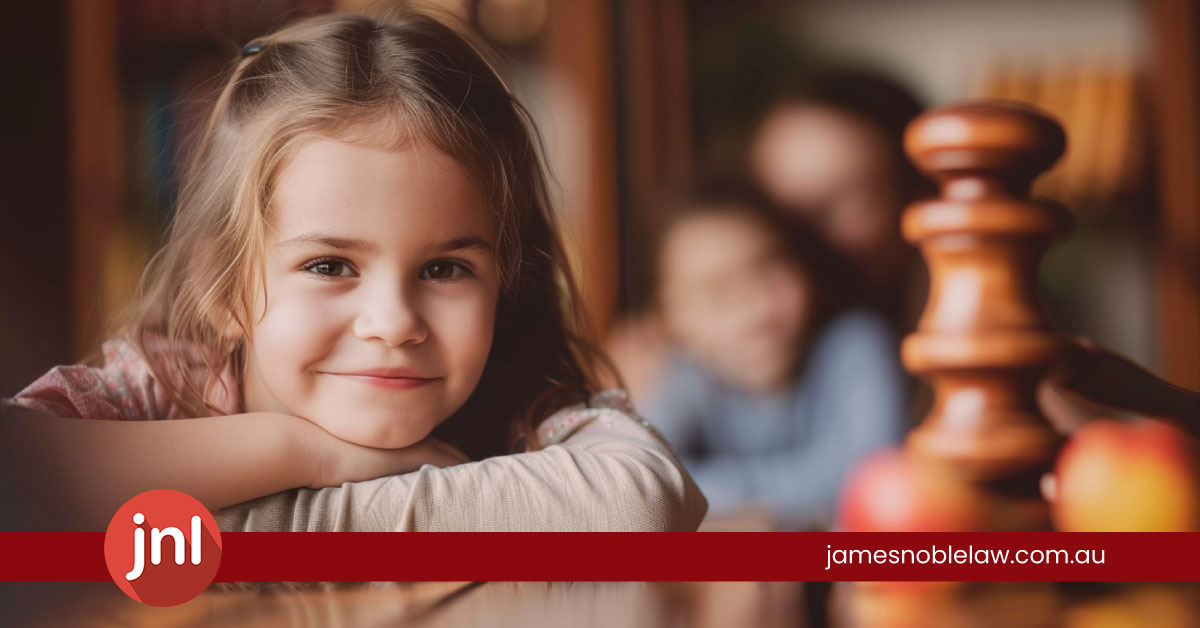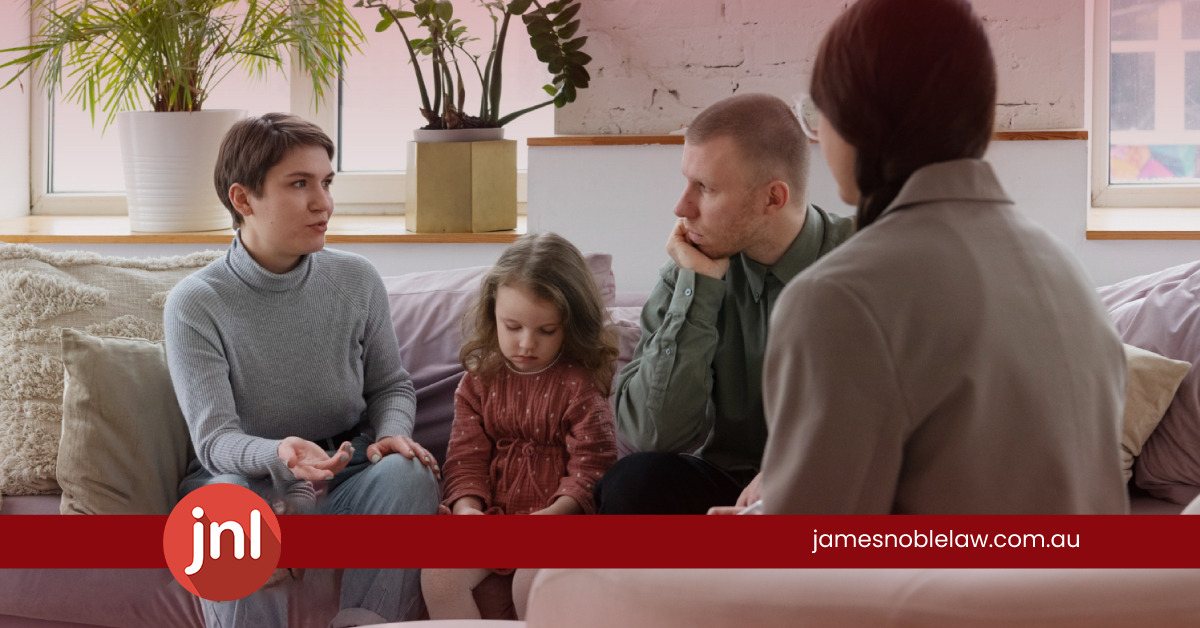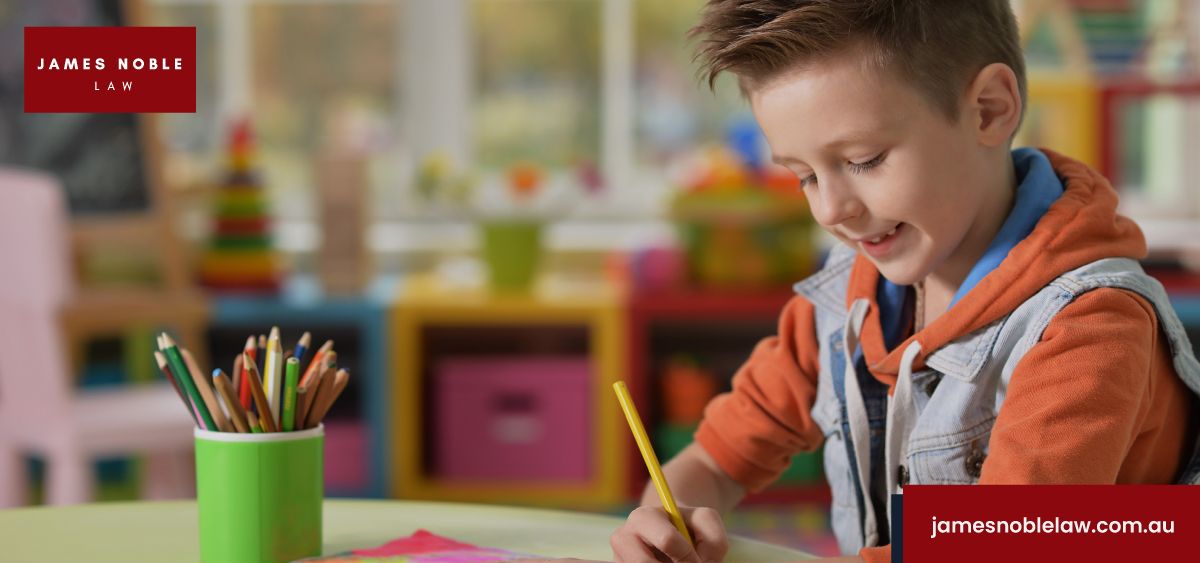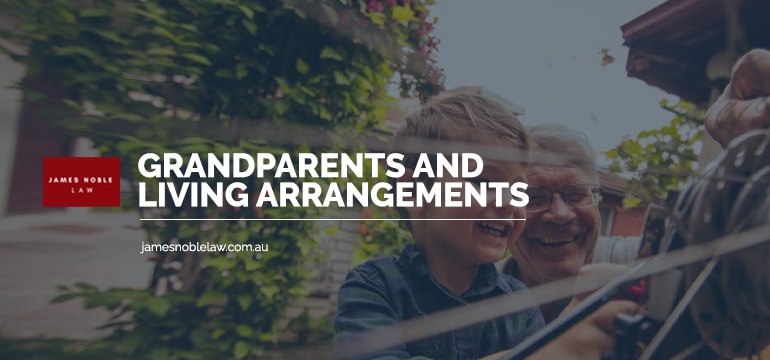Navigating Parental Responsibilities: Understanding the Difference Between Joint Decision Making and Day-to-Day Responsibility
Difference Between Joint Decision Making and Day-to-Day Responsibility In family law, understanding the distinction between joint decision making and day-to-day responsibility is crucial. These concepts have significant implications for parents navigating custody arrangements and legal matters concerning their children. Joint decision making refers to the principle that both parents should have an equal say in making major long-term decisions regarding their children's upbringing, welfare, and development. This includes decisions about education, religion, and healthcare. On the other hand, day-to-day responsibility...
Read More
Aboriginal and Torres Strait Islander families and the family law system
Family law and the best interests of the child Family law primarily deals with matters involving separation, parenting and property settlements. A central principal underpinning the spirit of family law is the wellbeing of each child. That is, the best interests of the child or children remain paramount in every matter dealt with by the Court. What is in the best interests of a child will depend on the temperament, desires, relationships, religion and culture of the child, amongst many...
Read More
Understanding Recovery Orders in Brisbane and Cairns, QLD
Family disputes involving children can be emotionally challenging and legally complex. If your child resides with you, but the other parent or another person is withholding them, or if there are issues with parenting orders not being followed, you may consider applying for a recovery order. What is a Recovery Order? A recovery order is a court order that directs a child to be returned to: A parent of the child; A person with a parenting order for the child...
Read More
Recent amendments to the Family Law Act 1975 and what they mean for us
The passing of the most recent Family Law Amendment Act on 19 October 2023 brings important changes to the current regime, which will affect your rights, the court’s approach and our legal advice. These amendments will be effective from 6 May 2024. There are four key changes which will discuss in this blog. 1. No more presumption of equal shared responsibility under section 61DA Cause [caption id="attachment_17783" align="alignright" width="350"] family law amendment act[/caption] This presumption provides that parents are presumed...
Read More
Understanding Grandparents Rights in Family Law Matters
In the complex landscape of family law, the rights of grandparents have become an increasingly important and, at times, contentious issue. Grandparents often play a significant role in their grandchildren's lives, providing emotional support, childcare, and stability. However, when family relationships are strained, grandparents may find themselves facing obstacles in their quest for visitation or care arrangements for the children. In this blog, we will explore grandparents' rights with respect to family law matters, focusing on the issues surrounding their...
Read More
What to expect in a private Family Law Mediation?
Mediation is an alternative dispute resolution process whereby an experienced practitioner, former judge or barrister assistsparties to negotiate reachinga satisfactory outcome. Unlike litigation, the outcome of the mediation session is shaped by the parties’ expectations and positions, rather than rest in the hands of a judge or registrar. Family Law Mediation is a confidential process unless the mediator reasonably believes that disclosure is necessary to protect a child or person from the risk of harm, amongst other exemptions. What issues...
Read More
Essential Guide to Child Custody and Parenting Plans in Cairns
Navigating Child Custody, Parenting Arrangements and Parenting Plans in Cairns: What You Need to Know Child custody is a sensitive and complex issue that often arises during or after a divorce or separation. In Cairns, like the rest of Australia, family law prioritises the best interests of the child when determining custody arrangements. Understanding the key issues and legal considerations related to child custody and parenting plans is crucial for anyone going through this challenging process. Understanding Child Custody in...
Read More
Parenting Orders for Children with Special Needs
Parenting Orders for Children with Special Needs In Part VII of the Family Law Act (1975), there are not specific distinctions for children without special or higher needs when determining what is in the best interests of said child. These are, however, important in determining Orders that will adhere to the child’s best interests. According to studies, parents of children with developmental disabilities are twice as likely to divorce than parents of children without such conditions (Bak & Dunn, 2022)....
Read More
Can You Change Your Child’s Surname With Sole Parental Responsibility?
Change Your Child's Surname Changing a child’s surname post-separation is a common occurrence in family law. The process is relatively straightforward if both parents agree. However, it becomes complicated when one parent wishes to change a child’s surname post-separation and the other parent opposes such change. In parenting matters, the Court must apply a presumption that it is in the best interests of the child for the parents to have equal shared parental responsibility in relation to major long-term issues...
Read More
What Is The Critical Incident List?
Critical Incident List The Federal Circuit Court and Family Court of Australia implemented a new Court process referred to as the ‘Critical Incident List’ as of Monday 6 June 2022 which was rolled out in all states and territories excluding Western Australia. The Critical Incident List aims to expedite the Court process for vulnerable families that need to make urgent arrangements for children where no parent is available due to circumstances such as death (including homicide or suicide), critical injury...
Read More
Vaccine or no Vaccine?
Children Vaccination Update in Australia In the midst of the global Coronavirus pandemic, the Australian Government recently announced that children aged 5 to 11 are now eligible to receive the Covid-19 vaccinations, should their parents wish for them to. But what happens if you and your former partner cannot agree on whether or not to vaccinate your child? The Covid-19 vaccinations are administered in 2 doses, given 8 weeks apart. The time between the vaccinations can be reduced to 3...
Read More
Everything You Need To Know About Consent Orders in Queensland
What are Consent Orders? A Consent Order is made by the Federal Circuit and Family Court of Australia formalising an agreement reached between parties after separation about parenting and/or property matters. A parenting order will only become legally binding if deemed to be in the best interests of the child. As a legally binding Order, each person affected by the Order must follow it. A parenting order deals with a range of issues, including but not limited to: Who the child will reside with; How much time the child will spend with each parent; Whether one...
Read More
Unacceptable risk: Appeal against parenting orders & Allegations of sexual abuse
Unacceptable risk in parenting order Australia: In a recent Appeal of a decision of the Family Court of Australia, the Appellant Court reviewed orders between the parties in respect of their two children under Pt VII of the Family Law Act 1975. The orders made provision for the children to live with the mother and for her to have sole parental responsibility for them. Relevantly, however, the orders also made provision for the children to spend time and communicate with the father and...
Read More
Obtaining Australian Child Passport After Separation
How to Obtain an Australian Child Passport for My Child After Separation? Before obtained an Australian Child Passport, the Passport Office requires the child’s parent or any other person with parental responsibility to provide written consent to the passport being issued. Therefore, the easiest way to obtain an Australian Child Passport is to receive consent from the other parent. However, this will not always be possible. In circumstances where the other parent refuses to provide written consent or does not...
Read More
Grandparents rights qld, Australia and Living Arrangements For Children
Do Grandparents Have Legal Rights in Australia? Grandparents rights qld in Australia: The Family Law Act states the importance of children having a relationship with grandparents and other significant family members. Although The Family Law Act ( GRANDPARENTS EXTENDED FAMILY ) does not give Grandparents rights to see their grandchildren, it does provide the right to seek Court Orders which would allow them to spend time with the children. In some situations, the orders sought from the Court may include an...
Read More
Equal Shared Parental Responsibility and Major Long Term Issues
Equal Shared Parental Responsibility A typical parenting order made by the Court will involve equal shared parental responsibility. This essentially means that both parents are required to consult each other on the major long-term issues of the children which relate to the order. Whilst the definition of “major issues” is not meant to be exhaustive, the five most common issues related to: The child’s education (both currently and any future needs); The child’s religious and cultural upbringing (this is particularly...
Read More


















